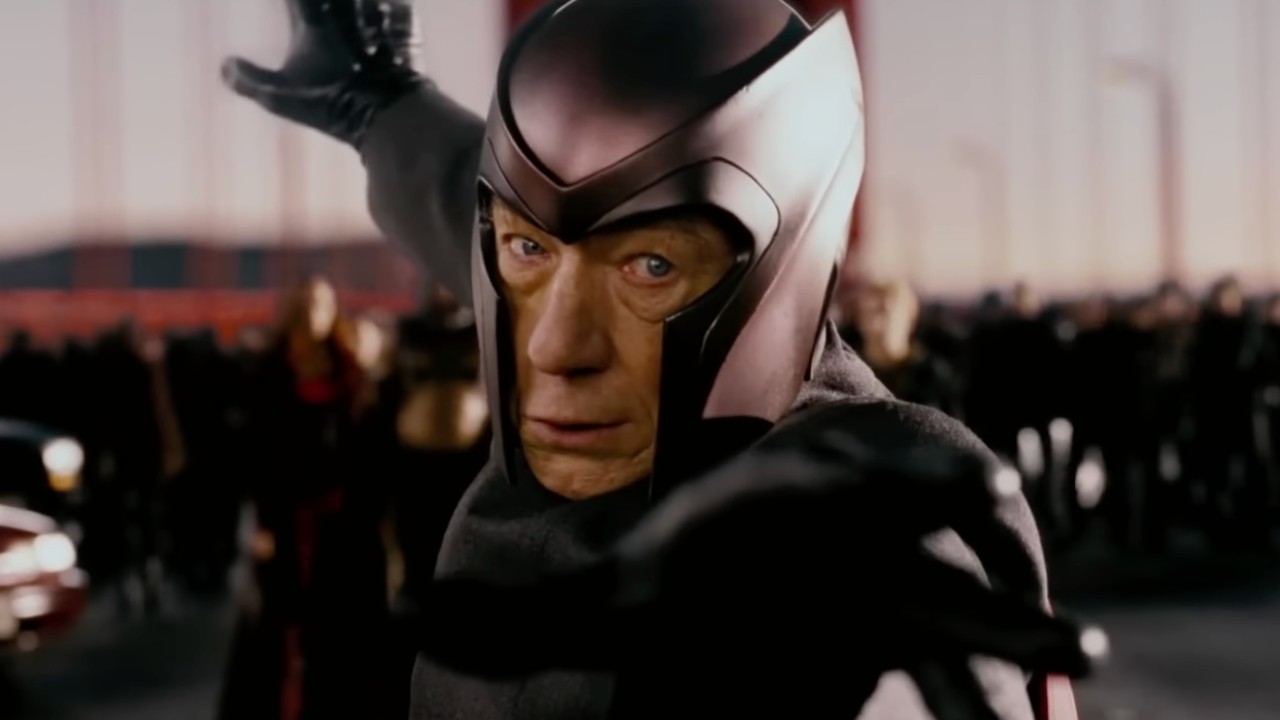How Marvel's Multiverse Might Affect The MCU Going Forward
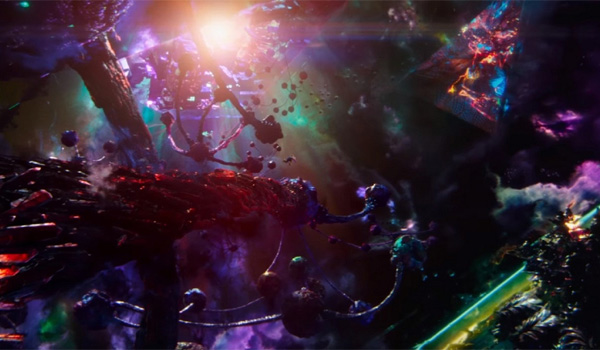
In Doctor Strange, the titular sorcerer isn't the only one who winds up getting his mind expanded by The Ancient One. The brand new Marvel blockbuster not only introduces the concept of magic to the popular cinematic universe, but also examines the idea that our known reality is just one of an infinite number -- a concept known as the multiverse theory. It's an idea that has been used in fiction and especially comics for a long time, but Doctor Strange merely scratches the surface as far as possibilities go for the future of the franchise.
If you're looking for a full explanation as to exactly what the multiverse is and how it works, we recommend clicking over HERE; but for an exploration as to how the Marvel Cinematic Universe can full take advantage of the awesome scientific concept, we recommend you read on!
Have more substantial dimension jumping
Doctor Strange gave us a taste of characters jumping through multiple dimensions, but most of the movie is set on the normal Earth of the Marvel Cinematic Universe. What I'm talking about here is the idea of entire plots being built around the idea of heroes visiting and exploring alternate worlds -- where things may be just slightly changed or completely different from normal. Comic book fans got to see some of this in the second season of the Flash television show in 2015, with the introduction of "Earth 2," but some sci-fi fans will note that this was the entire premise behind the cult 1990s show Sliders. With the help of Doctor Strange's sling ring, it would be fantastic to watch heroes explore universes other than their own (perhaps even ours).
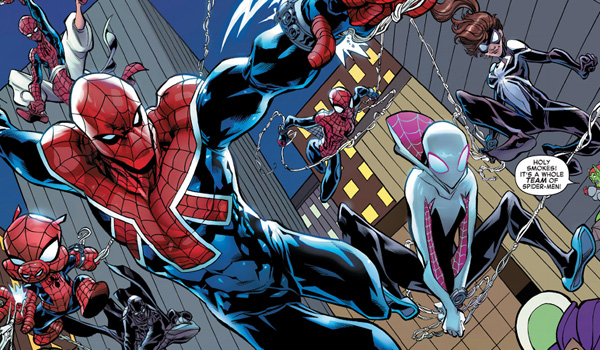
Seeing multiple versions of a character coming together
If there are an infinite number of realities that means that there are an infinite number of versions of any individual -- and one of the most common ways that multiverse fiction has taken advantage of this is by having heroes and villains being introduced to alternate versions of themselves. Getting this to work requires a bit of technological wizardry, but the benefits of this multiverse-generated story angle don't really need to be explained. Just imagine Robert Downey Jr. not just playing one version of Tony Stark, but standing in a room with 20 alternate versions of himself from other planes of reality. Narratively, the opportunities with this idea are endless, and they're all filled with crazy potential for hilarity and awesomeness. If Marvel Studios wanted to go the comic book adaptation route, a great candidate would be Spider-Verse -- which saw different Spider-Men coming together from different realities when an interdimensional foe starts killing them off one-by-one. Can you imagine getting Tom Holland, Andrew Garfield and Tobey Maguire to star together in a single Spider-Man movie? The multiverse can make it happen.
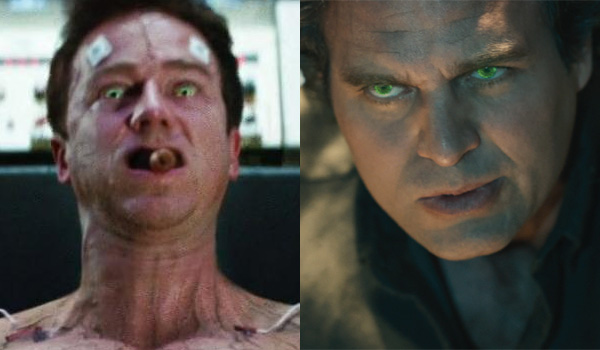
Changing actors
This one builds on the last category, but is less about plot and more about franchise preservation. Since the beginning of the Marvel Cinematic Universe, one of the most talked about special issues facing the franchise has been the fact that actors A) age, and B) require potentially expensive contracts to be involved in so many productions. This is a problem since the main hook of the entire thing is the larger continuity and keeping pieces in place. The good news is that the multiverse gives Marvel interesting options should any star decide they want out of their gig. This transition requires nothing more than picking a random universe, plucking out an alternate version of the character (played by a new actor), putting them in the main universe, and finding a good narrative reason for making it all stick. Admittedly this is a tricky idea, and could go disastrously, but it would also be an impressively bold move to try and make a casting change canon.
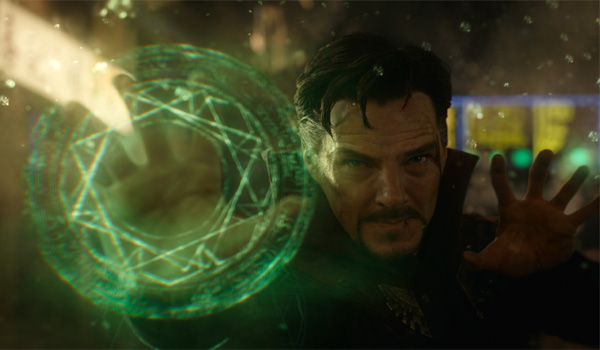
Time travel
Director Scott Derrickson has made it very clear that we don't actually see any time travel in Doctor Strange, only time manipulation. This, however, just means that it's up to a future Marvel filmmaker to establish exactly how time travel will work in the Marvel Cinematic Universe. One possible option is manipulation of the multiverse. For example, if a character is traveling 40 years into the past, what they are really doing is traveling to an alternate dimension that is 40 years behind their original timeline. Unlike, for example, Back To The Future, where characters travel back and forth on the same timeline, this is an approach that eliminates potential paradox issues that historically plague a lot of fiction. It does present a potential issue in that returning to a character's normal place in time doesn't necessarily mean being transported back to their original universe -- though that's a plot that links back to our first category.
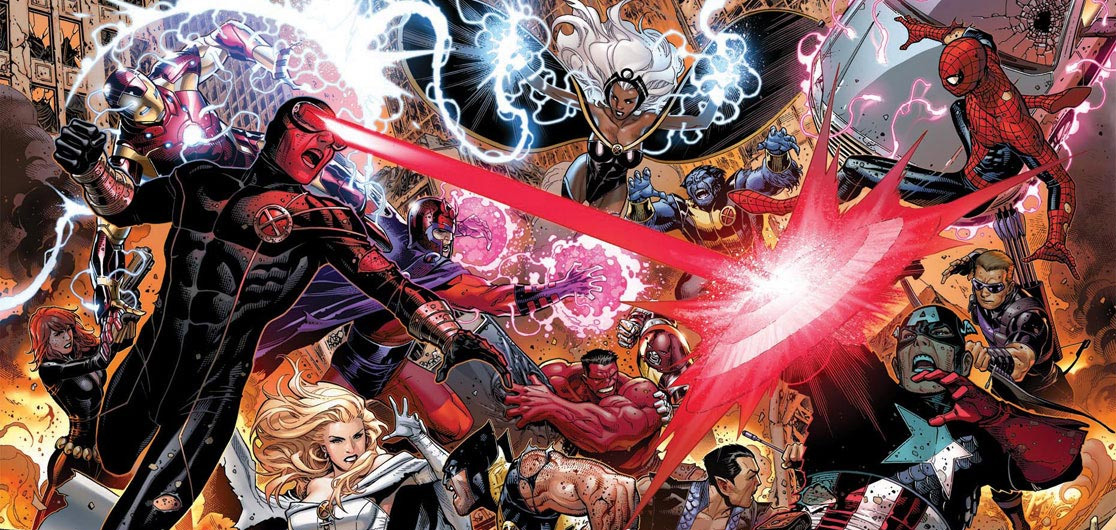
Even bigger franchise crossovers
This is the granddaddy of all multiverse maneuvers, and one that fans have definitely been talking about since Doctor Strange was released. The new movie establishes that the Marvel Cinematic Universe exists as part of a vast and infinite multiverse -- and what this means is every element of fiction is canon. A weird application of this would be to see Doctor Strange hunt Moby Dick alongside Captain Ahab, but what's far more enticing is the idea of using the multiverse to finally unite the MCU with the X-Men and Fantastic Four franchises over at 20th Century Fox. Fans have actually already gone as far as to give all of these movies designations (the MCU is Earth-199999; and the X-Men series is Earth-10005), so really it's just a matter of Marvel Studios making an event movie where a giant portal opens up out of the sky and Professor X and his X-Men fly out of it. Obviously it's Marvel and 20th Century Fox dealing with character rights and money that is preventing the Avengers from meeting the X-Men -- but at least it's nice to know that there is an easy way to make it work continuity-wise.
Your Daily Blend of Entertainment News

Eric Eisenberg is the Assistant Managing Editor at CinemaBlend. After graduating Boston University and earning a bachelor’s degree in journalism, he took a part-time job as a staff writer for CinemaBlend, and after six months was offered the opportunity to move to Los Angeles and take on a newly created West Coast Editor position. Over a decade later, he's continuing to advance his interests and expertise. In addition to conducting filmmaker interviews and contributing to the news and feature content of the site, Eric also oversees the Movie Reviews section, writes the the weekend box office report (published Sundays), and is the site's resident Stephen King expert. He has two King-related columns.
